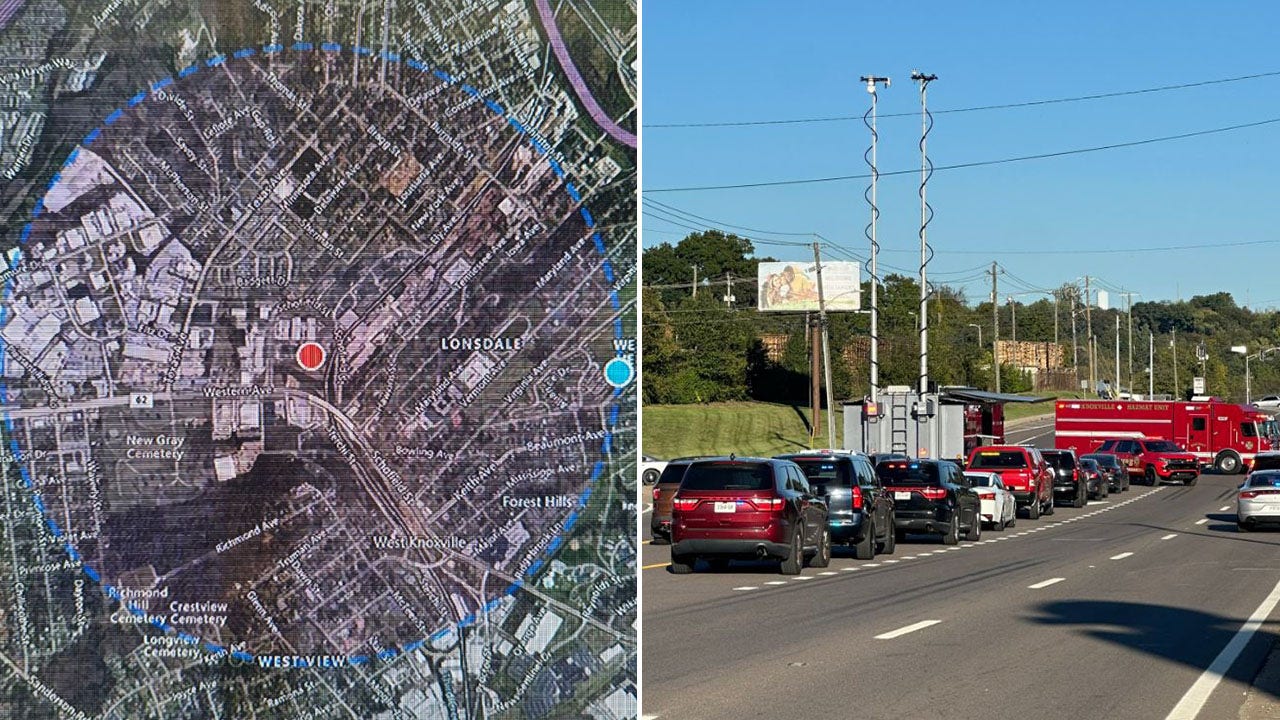The cash-strapped MTA could be on the hook for $90 million, after a train operator failed to stop for a drunk man who fell onto the subway tracks and ran him over — severing one of his legs, his hip joint and most of an arm.
Lamont Powell, who is unable to ever work again, won the massive Brooklyn lawsuit award late last month over the 2018 incident — marking one of the largest judgments handed down against that MTA.
Despite the fact the 56-year-old Brooklyn man took the spill onto the tracks because he was blotto — he deserved the massive payout because the train driver had plenty of time to avoid the collision, his lawyer told the Post.
“This is a matter of public safety,” lawyer Ira Newman said. “This accident never would have happened had the train operator timely pulled an emergency brake according to the MTA’s own rules and regulations when seeing people alerting him to someone on the tracks.”
Powell fell onto the tracks at the Broadway Junction subway station on June 30, 2018 in East New York after a night of drinking.
Because he fell at the far end of the tracks away from where the trains enter, the operator had many hundreds of feet to stop the train prior to hitting him, Newman said.
The operator also had straphangers on the platform frantically waving at him to stop as the train slowly pulled into the station, Newman said.
One of those witnesses on the platform was on vacation from Brazil at the time — and flew back to the Big Apple to testify how they tried to prevent the slow-moving nightmare.
A former MTA engineer also told the jury about how a train traveling at 16 miles-per-hour needs about 110 feet to come to a stop — and that the operator had about 360 feet to stop before hitting Powell.
“The train operator admitted that he saw people waving frantically,” Newman said. “He thought [Powell] was a bag of garbage.”
Newman said that at trial, the operator admitted how, even for a large bag of garbage — much less a human being — he still should have pulled the brake.
As a result, Powell, who has no family of his own and got by in the past doing construction and odd jobs, will live the rest of his days in a supportive housing facility, Newman said, as his leg and hip damage make prosthetics impossible.
“If you lose your hip joint, you’ve got nothing,” he said.
While Newman concedes that Powell had been drinking, he had fallen onto the tracks just the same as “if somebody had been pushed in, or fainted or had a seizure and fell.”
“If the train operator pulled the emergency brake in a timely manner,” Newman said, “This never would have happened.”
Powell filed his lawsuit against the MTA nearly a year after the horrific disfigurement.
Powell “had tears in his eyes” when he learned the news of the verdict, Newman, of Sanocki, Newman & Turret, said.
An expert at trial estimated that his lifetime medical expenses alone could reach $17 million, Newman said, who tried the case alongside partner Ed Sanocki.
The judgment is one of the largest jury awards against the MTA, who told The Post they are reviewing the verdict.
In March, jurors handed a $72.5 million verdict to a cancer patient hit by an MTA bus.
And in 2019, a young man paralyzed by a falling railroad tie won a stunning $110 million verdict.
Read the full article here





:focal(1276x643:1278x641)/origin-imgresizer.eurosport.com/2024/10/11/4050583-82149308-2560-1440.jpg)










